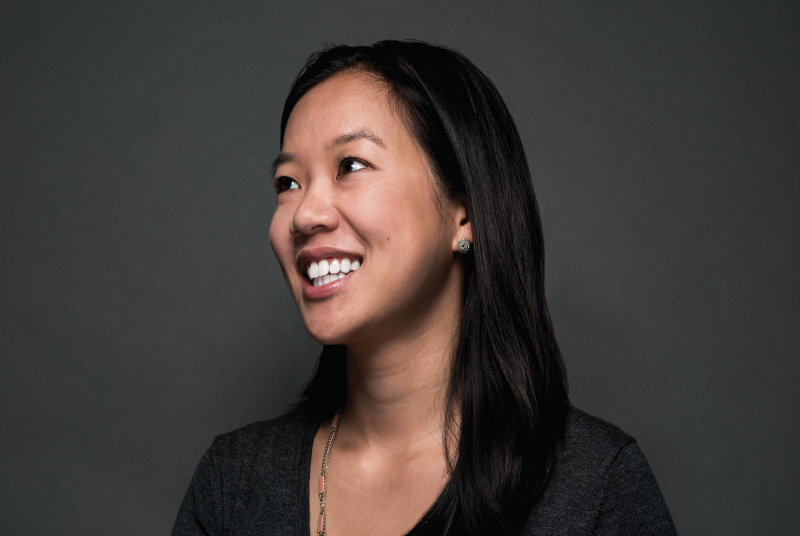
New Voices
During an internship at the Massachusetts State House in 2006, Hwang looked around and was shocked at how few Asian Americans worked there—none of them legislators. What she saw isn’t limited to Massachusetts. Today, Asian Americans and Pacific Islanders (AAPI) account for less than 1 percent of state legislators nationally. In 2009, the sociology major with an M.B.A. from Columbia founded the Asian American Women’s Political Initiative (AAWPI) to fund internships for Asian American women at the Massachusetts legislature.
In 2021, when six women of Asian descent were among the victims gunned down in racial attacks in Atlanta, AAWPI received an outpouring of support, including more than 1,000 donations of $1 or $2. AAWPI grew to create “civic impact” fellowships for AAPI women in Georgia and Pennsylvania. Hwang’s organization also funds a range of women’s projects, from providing fresh and culturally relevant food to community kitchens in Philadelphia to increasing Iranian American voter turnout in the state of Georgia. By 2025, Hwang plans to offer fellowships in Texas and California, states with the fastest-growing AAPI populations. “A lot of what I’ve done is create spaces I wish I had had,” she says.
The daughter of Taiwanese immigrants, Hwang had little interest in politics while growing up in Texas and didn’t vote until she was 21. In March, Politico included Hwang on its list of 40 power players who in 2022 shaped the intersection of race, culture, politics, and policy.
COO Darlene Vu notes the organization—and Hwang—are nimble. “She’s very imaginative, she thinks in innovative ways, she’s a leader who thinks about group dynamics,” says Vu. “She understands the importance of bringing people along on their journey.”










